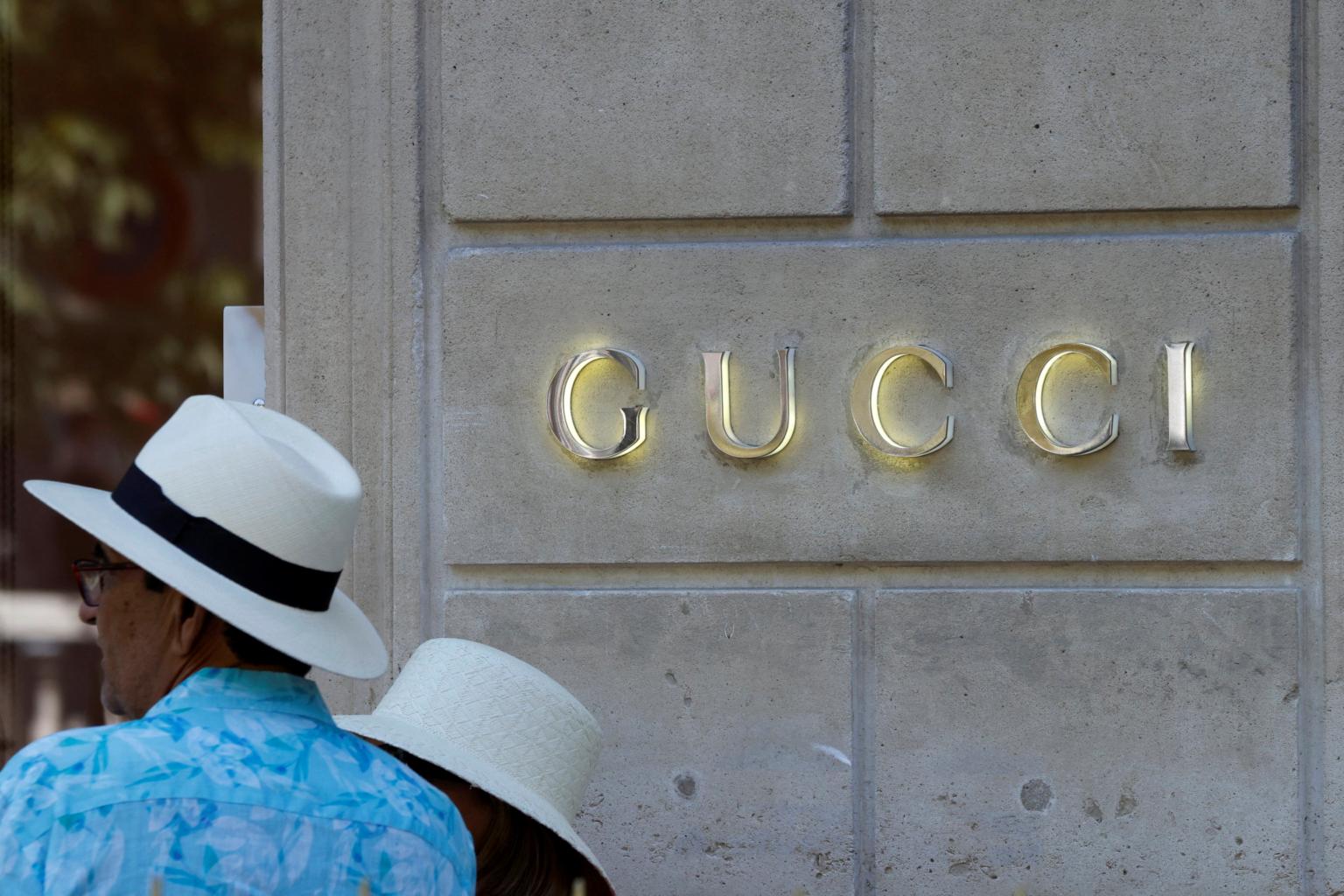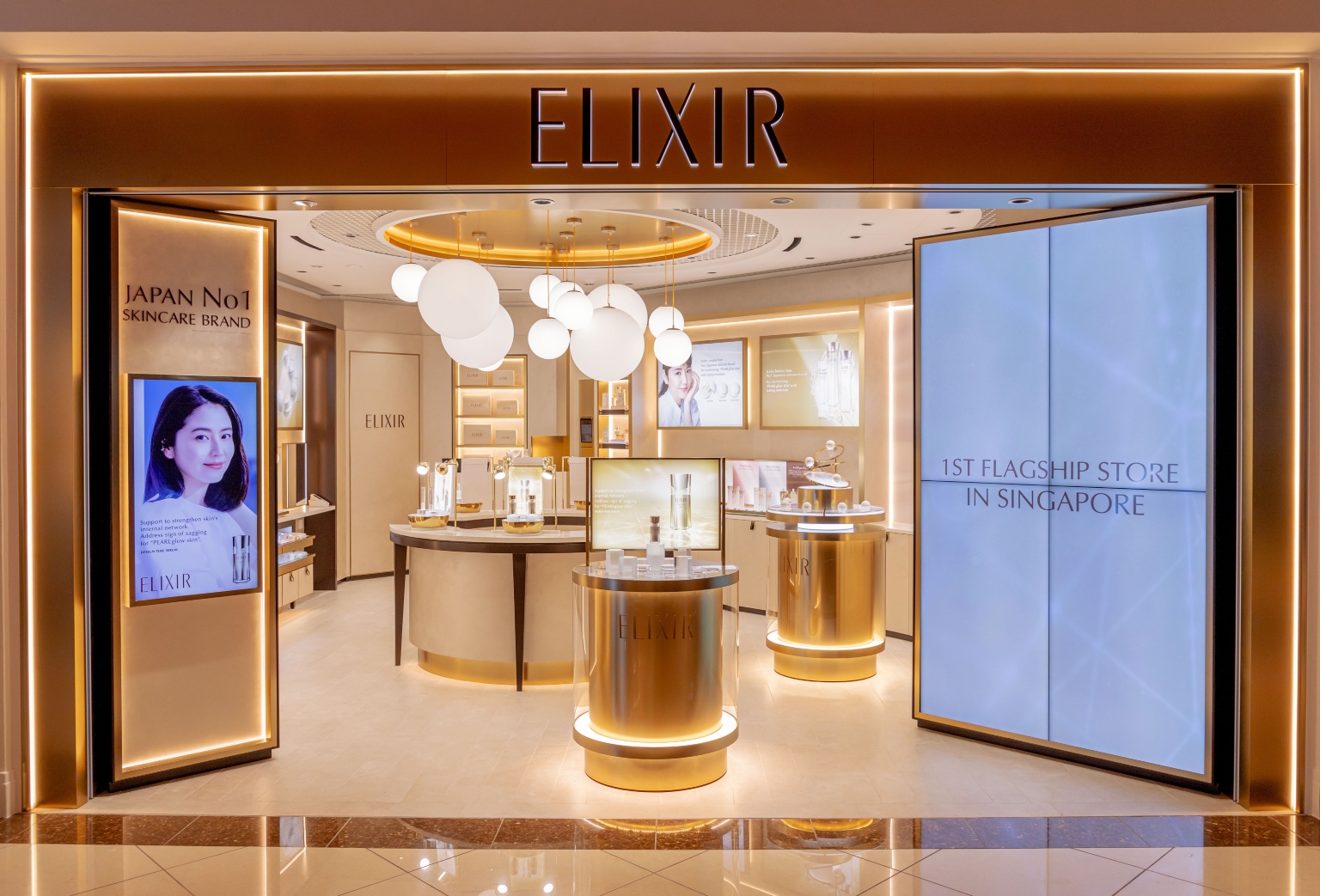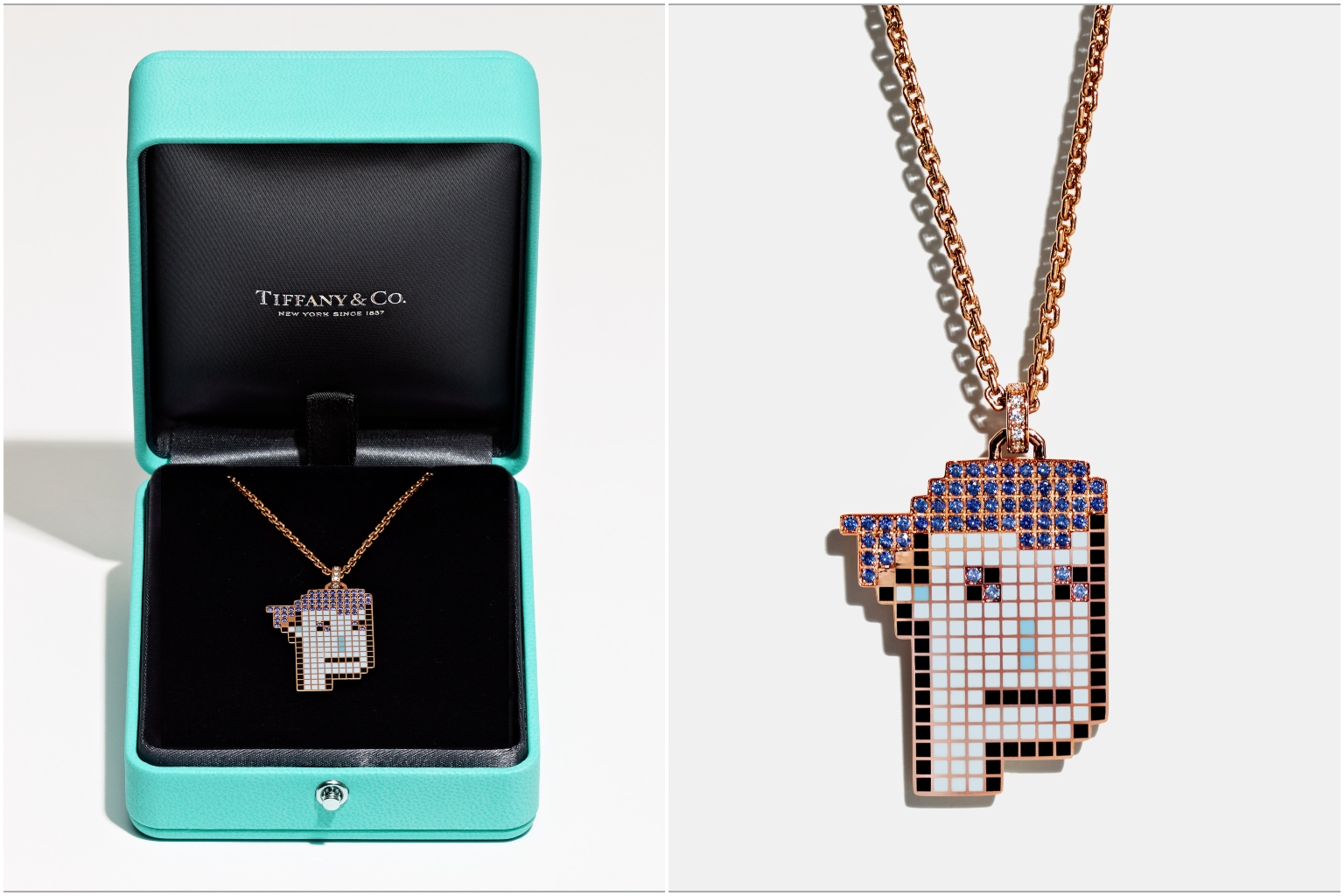Style News: Gucci gets serious about disability-inclusion, Elixir's flagship boutique opens in Singapore
Sign up now: Get ST's newsletters delivered to your inbox

The luxury brand is the first and only high-fashion retailer to participate in the Disability Equality Index.
PHOTO: REUTERS
Gucci's inclusivity push
Gucci has been named one of the 2022 Best Places To Work For Disability Inclusion by the annual Disability Equality Index (DEI), which ranks companies in terms of disability inclusion and equality.
The luxury brand is the first and only high-fashion retailer to participate in the DEI - it scored 80 per cent, alongside cosmetics company The Estee Lauder Companies, beauty retailer Sephora and athleisure wear label lululemon.
Cosmetics giant L'Oreal USA is the only company in the beauty industry to hit the 100 per cent target, while sportswear brand Nike is the only one to do so in fashion.
In its 2021 Gucci Equilibrium impact report, the brand highlighted its growing commitment to create greater opportunities for disabled people in its workplace.
Beauty elixir

Japan's anti-ageing skincare brand Elixir may have just launched in Singapore, but it is hardly new. Owned by cosmetics giant Shiseido, Elixir was launched in Japan in 1983 to help create tsuyadama, or "pearl glow skin" in Japanese.
The brand has formulated its entire product line to increase collagen in the skin.
Its star product is the Elixir Superieur Design Time Serum ($79). Made from iris root, cornflower, watercress, glycerin and hydrolysed collagen (collagen broken down into micro particles so it can be delivered into the dermis), it is supposed to penetrate deeply into the skin to repair and support it from within.
Elixir's new flagship boutique (B2-11A Takashimaya Shopping Centre, 391 Orchard Road) also provides personal consultations that give customers insights into their "pearl glow skin" level, rating them on factors such as skin texture, age, moisture levels and melanin build-up levels.
All blinged out

On Aug 5, Tiffany launched its limited collection of 250 gemstone-encrusted pendants for holders of CryptoPunks - one of the earliest and most popular forms of non-fungible tokens (NFT) - for 30 Ethereum. This was worth about US$51,000 (S$70,000) at the time of writing. It sold out in a few days.
By purchasing an NFTiff, buyers can transform their NFT into a bespoke pendant made by Tiffany & Co artisans. Each 18K rose- or yellow-gold pendant is said to feature at least 30 gemstones and or diamonds, according to its website.
The jewellery is expected to be shipped out in early 2023.
Shopping goes sci-fi

Two months ago, social media app Snapchat collaborated with British Vogue to launch Vogue x Snapchat: Redefining The Body. It was a ground-breaking exhibition that used cutting-edge augmented reality (AR) to transform the world's iconic couture pieces into digital wearables for Snapchatters.
The company has also unveiled its new fashion and beauty AR feature called Dress Up. This dedicated destination on Snapchat allows shoppers to virtually browse, discover and share new looks by retailers and fashion brands from around the world without leaving their home.
It is not alone. Rival Instagram is also making headway in non-fungible fashion that one can don virtually after announcing plans to open up its platform to non-fungible tokens.
According to a global shopping study conducted by Snapchat, one in four shoppers prefer to use AR to try on clothes rather than visit a store to do so in real life.


